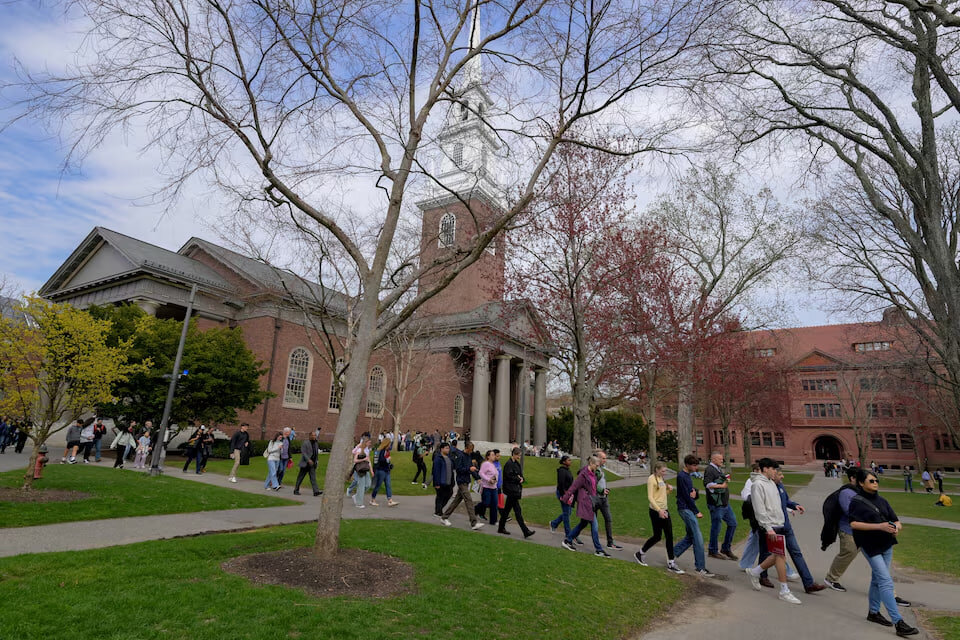Harvard Takes Legal Action Against Trump Administration Over Potential $2 Billion Funding Cuts
In a significant legal battle, Harvard University has initiated a lawsuit against the Trump administration, highlighting the ongoing conflict over federal funding and academic independence. This case has drawn considerable attention as it underscores the tensions between higher education institutions and political oversight, particularly regarding claims of anti-Semitism on campuses.
The lawsuit was filed on Monday in a Massachusetts federal court, marking a noteworthy escalation in the ongoing dispute between Harvard and President Donald Trump. The administration has threatened to impose restrictions on funding and increased political scrutiny on several prestigious universities, including Harvard, over allegations of tolerating anti-Semitism. Despite these pressures, Harvard has remained steadfast in its commitment to academic freedom.
Key points from the lawsuit include:
- Federal Funding Threats: Trump has threatened to revoke funding, tax-exempt status, and the enrollment of foreign students at universities that do not comply with his administration’s demands.
- First Amendment Concerns: Harvard argues that the government’s actions infringe on First Amendment rights, suggesting that the administration’s attempts to control academic decisions are unconstitutional.
- Legal Claims: The lawsuit claims that the actions taken by the Trump administration are “arbitrary and capricious,” violating federal laws and regulations.
In its legal complaint, Harvard emphasized that the government’s attempt to manipulate federal funding as a means of exerting control over the university’s academic policies is unacceptable. “This case involves the Government’s efforts to use the withholding of federal funding as leverage to gain control of academic decision making at Harvard,” the university stated.
The backdrop of this legal confrontation is centered on President Trump’s dissatisfaction with Harvard’s rejection of government oversight in its admissions processes, hiring practices, and perceived political bias. Last week, this conflict escalated when Trump ordered the freezing of $2.2 billion in federal funding allocated to the historic institution.
Harvard’s lawsuit not only seeks to invalidate the conditions attached to federal grants but also demands that the Trump administration cover the university’s legal costs. This move reflects Harvard’s determination to defend its autonomy against what it sees as undue political influence.
As the situation develops, the implications of this lawsuit extend beyond Harvard, potentially affecting numerous other universities that may be facing similar pressures from the federal government. The outcome could set a precedent regarding the relationship between higher education institutions and federal funding.
In summary, Harvard’s legal action is a crucial step in safeguarding the independence of academic institutions from political interference. The university’s commitment to maintaining its academic integrity and constitutional rights remains at the forefront of this legal battle.
As this case unfolds, it will be essential to monitor not only the legal ramifications but also the broader implications for academic freedom across the United States. The ongoing tension between political authority and educational independence continues to be a significant issue in today’s political climate.
In conclusion, Harvard’s lawsuit against the Trump administration represents a pivotal moment in the ongoing struggle for academic freedom. The outcome of this case could have lasting effects on the funding and governance of higher education institutions nationwide.






